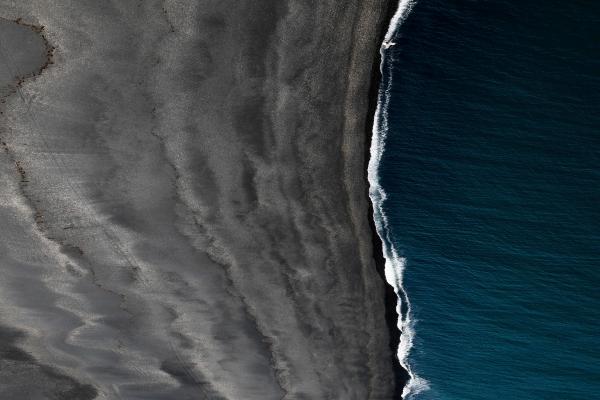Dec 12, 2018
I’ve been undoing this cycle for years now, grasping for whatever bits of myself I could salvage and building a whole woman with these fragments, gently weaving them together with truth, with pride, with love, and with hope that I now know. Because for all the ways America has taught me shame and taught me to hide, the people of America have taught me hope. That hope has filled in my gaps.
Read the Full Article

Already a subscriber? Login
